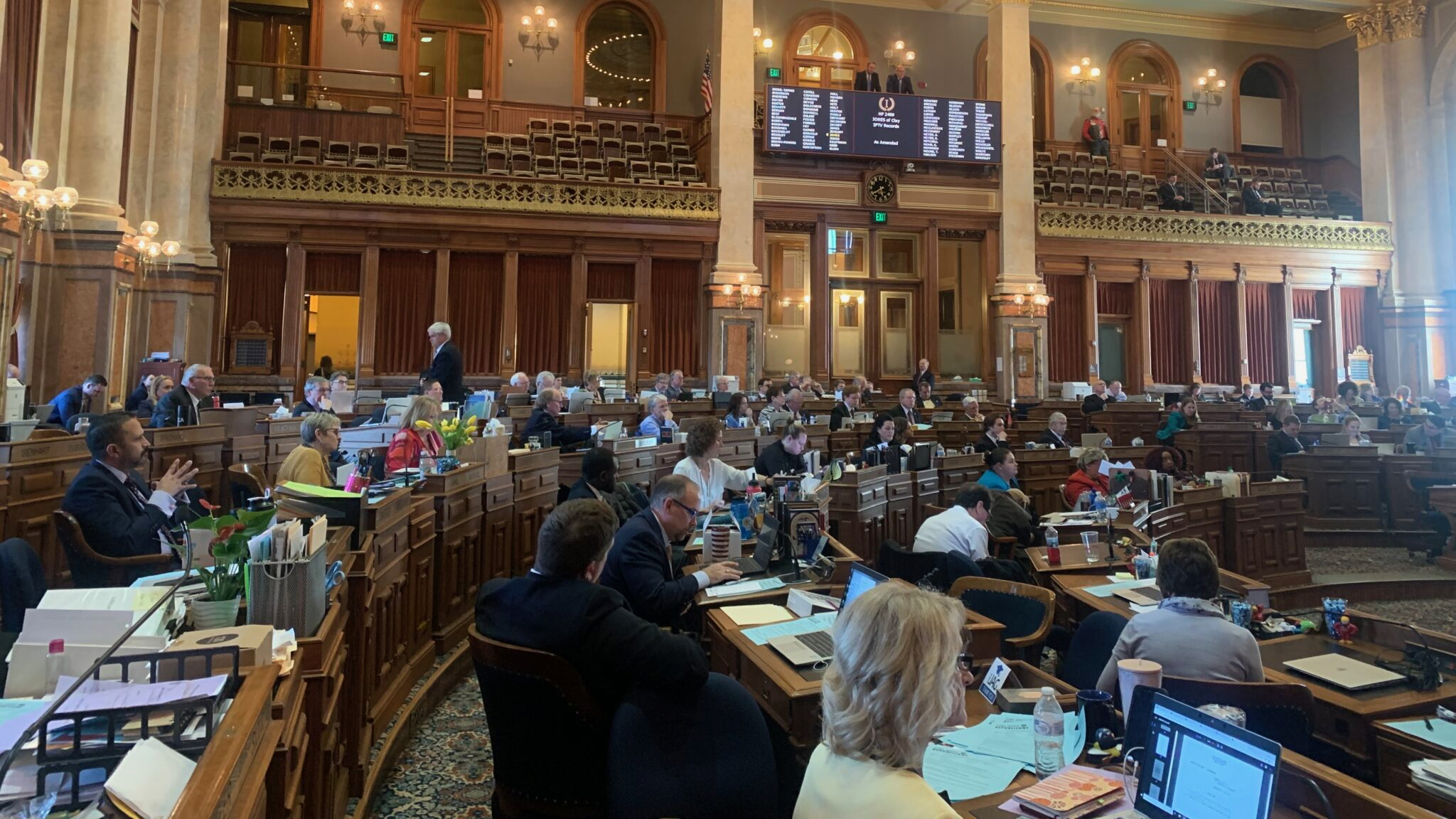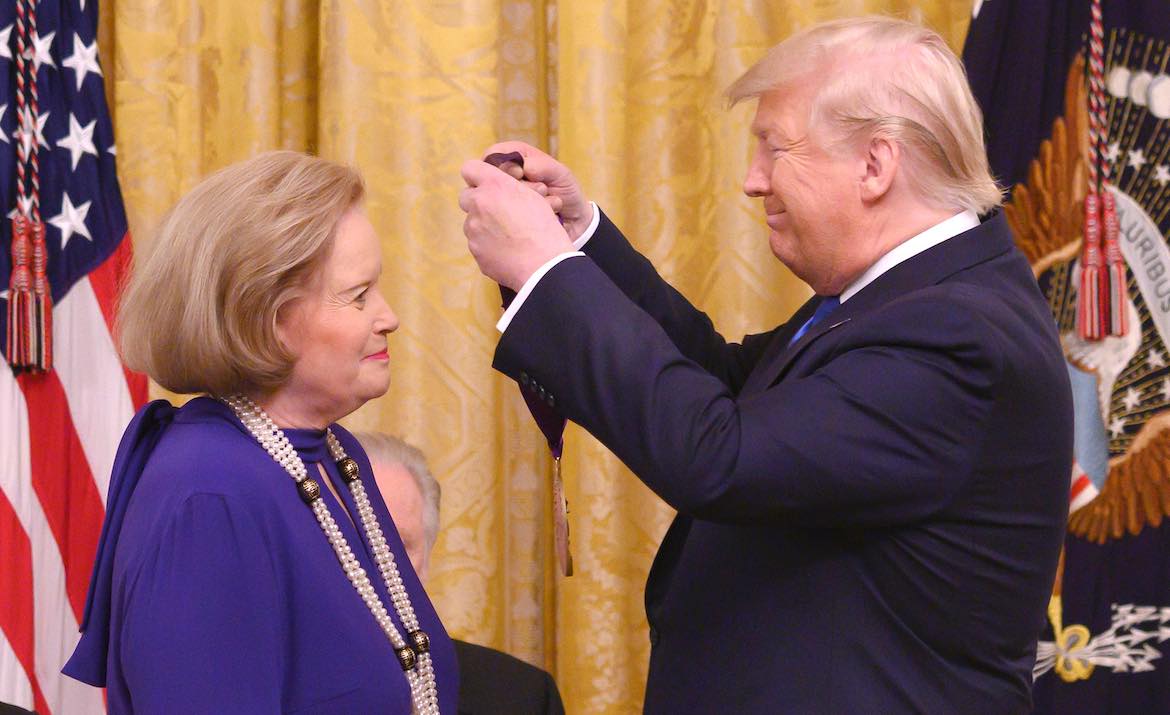Monday roundup: Minn. station settles over tower collapse; a good news director is hard to find
• KSMQ-TV in Austin, Minn., has reached a financial settlement with its insurance company over the 2012 collapse of its main broadcast tower, reports the Austin Daily Herald. The station had argued that the tower collapsed due to a storm, but Hanover Insurance Group Inc. blamed the accident on an anchor that it said had corroded prior to the storm. KSMQ has been able to stay on the air, but it lost income from renting space on the tower to wireless companies.
• Some news director jobs at public media stations have been open for “not months, but years,” writes editor and consultant Judith Smelser, and she attributes the shortage of qualified candidates to several factors. News directors are expected to have an increasingly impressive arsenal of talents, but training is in short supply, and few newsrooms have mid-level editorial jobs to give reporters a chance at managing. More of these positions are needed, Smelser argues, and station managers need to invest in more training.
• Paul Jacobs, incoming board chair at Greater Public, talks with the organization about trends in radio listening and revenue. “Public radio, until recently, has done a good job at creating content for Baby Boomers,” he says. “We’re now faced with the challenge of creating, on a single FM stream, content that’s as appealing to a 25-year-old as it is to a 65-year-old. We’ve started addressing that issue, and some weekend content is bridging that gap. But [the] real question is, what happens Monday through Friday?
• Actors in the new BBC period drama Wolf Hall are wearing more modest codpieces, and clueless Americans may be to blame for the historical inaccuracy. Mark Rylance, who plays Thomas Cromwell in the series, told the Telegraph that PBS producers “like very small codpieces which always seemed to be tucked away” because modern Americans “may not know exactly what’s going on down there.” But the show’s executive producer told the newspaper that “no hidden codpiece memo” had been issued by PBS or the BBC.








